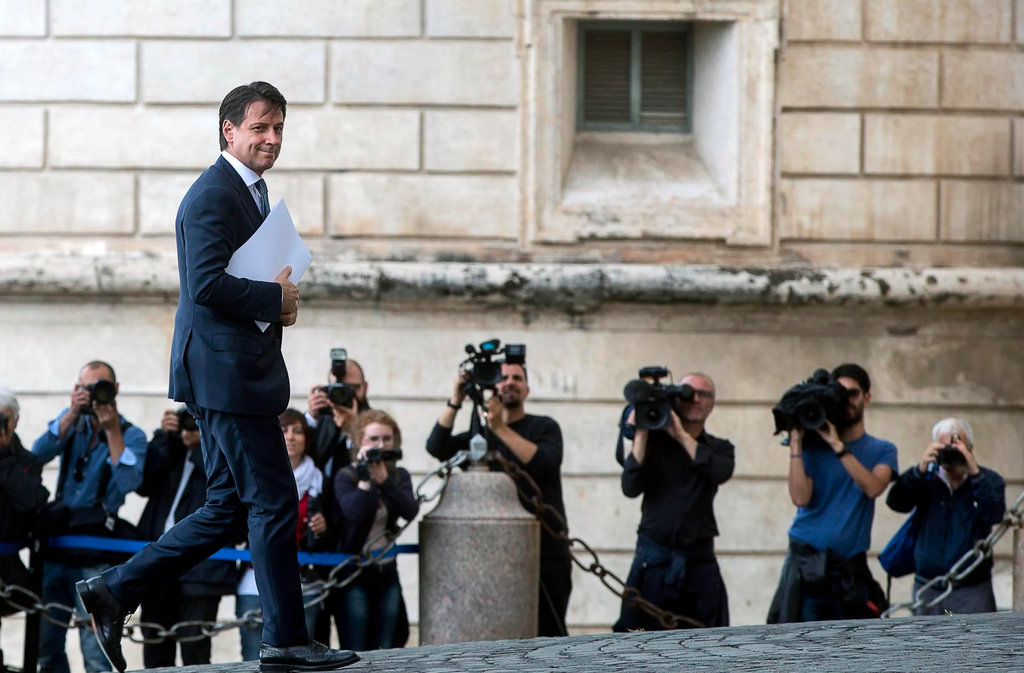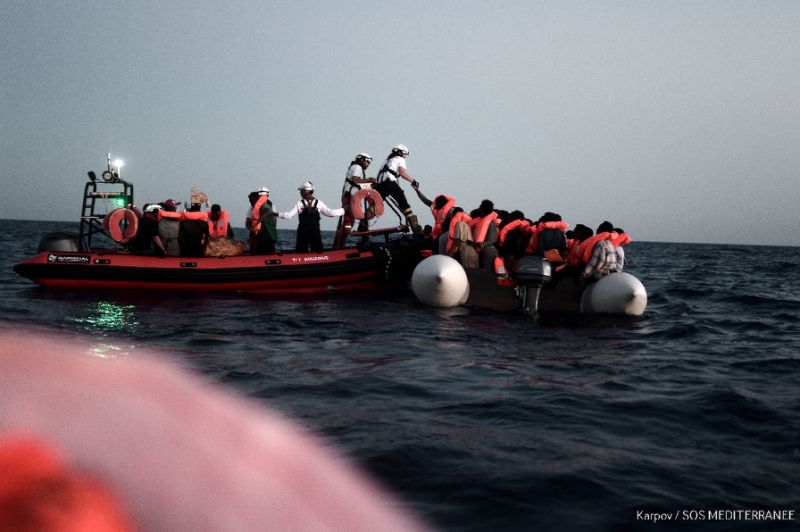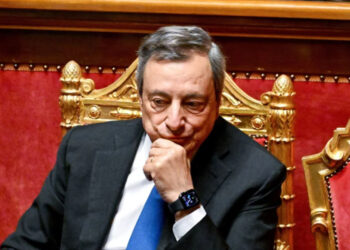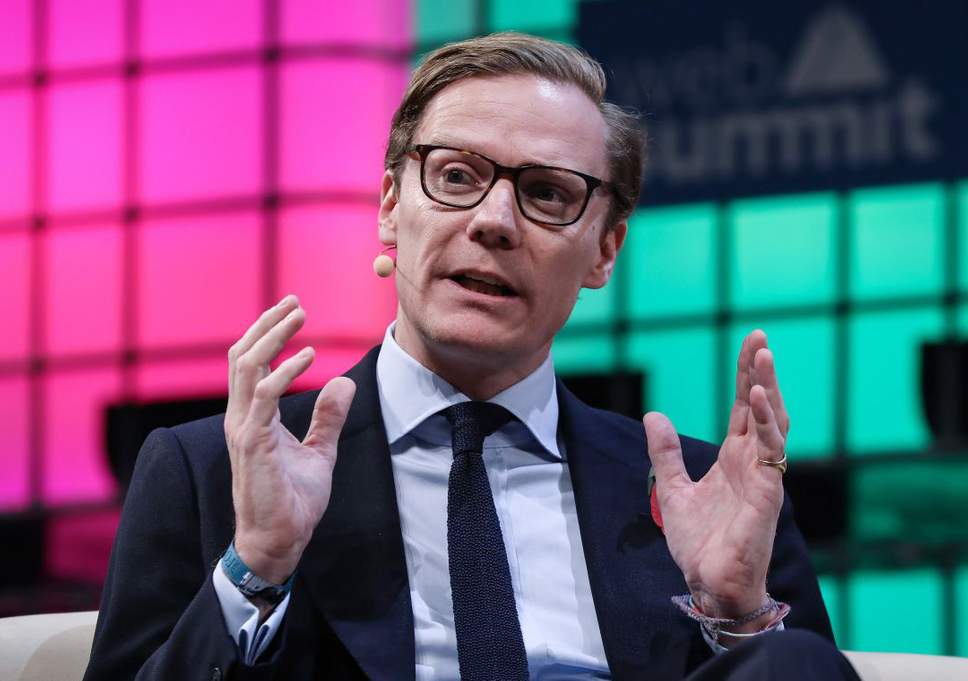Last Friday, nearly three months after the parliamentary elections on 4 March, Italy acquired a new government. It was an event that put an end to a political crisis which, in the final week, had threatened to turn into a full-blown constitutional crisis, and which broke new ground in a number of other ways besides.
In the first place, observers were struck by the amount of time it all took. Actually, this was not as unusual as one might think: the current German coalition took almost six months to assemble, and the last Spanish government over four. But it was a record for post-war Italy where negotiations have required 32 days on average, almost three times less than it took this time.
These negotiations were so difficult because none of the assumptions previously underlying government formation applied any longer. Prior to 1994, it was understood that the mainstream parties would simply coalesce on the basis of their relative seat shares to exclude the large Communist Party on the left and the neo-fascists on the right. From 1994 governments were formed by whichever of the two – center-left and center-right – coalitions had won an absolute majority of parliamentary seats. Now, no party or coalition had a majority, and neither was there any large, left or right, extreme party that would drive mainstream parties together.
Misconception
Last week’s narrowly-averted constitutional crisis has likewise been subject to misconception. It arose from President Sergio Mattarella’s refusal to agree to have the Eurosceptical economist, Paolo Savona, as finance minister. Mattarella’s job is to appoint government ministers on the advice of the incoming Prime Minister (PM), according to article 92 of the Constitution.
The Eurosceptical Savona was strongly backed by the far-right, anti-immigrant League, and by the anti-establishment Five Star Movement (M5S) which by then had agreed to form a government. Since they commanded a parliamentary majority, Mattarella’s decision was widely but erroneously condemned.
On the one hand, M5S denounced the move as unconstitutional, threatening to impeach the president. M5S joined League in threatening to take its protest to the streets. This position was mistaken however, since Mattarella’s power to appoint implies a power not to appoint, and there were precedents.
But more fundamentally it was mistaken because it was based on the typical populist assumption that democratic legitimacy is merely about the supremacy, regardless, of the will of a majority – whereas it is in fact about the exercise of popular sovereignty “in the forms and within the limits of the Constitution” (as article 1 puts it extremely clearly). Otherwise, guaranteeing minority rights becomes impossible, and without that, democracy ceases to exist.
On the other hand, the move was condemned as politically unwise as it initially seemed, in the face of the parties’ resistance, that it could only lead to fresh elections after which League and M5S, which had already spooked the markets, would come back even stronger.
This position was mistaken too. Had Mattarella given way to the parties’ pressure, he would have set a constitutional precedent, bequeathing a weakened presidency to his successors; and in the end, he successfully called the parties’ bluff: neither was willing to accept the risks associated with fresh elections so soon after the last ones.
Threats to the Coalition’s Cohesion
What, then, of the prospects for the new government? These can best be assessed by considering the challenges it faces. While the coalition has a secure seat majority in the Chamber of Deputies (though a slightly less secure majority in the Senate), and according to the latest polls enjoys the support of about 57 percent of those expressing a party preference, there are significant potential threats to its cohesion.
In the first place, its PM Giuseppe Conte is ill-placed to act as an authoritative leader. Conte is an academic with no previous political experience, who owes his position entirely to the leaders of League and M5S – or rather, to the refusal of each to contemplate the other in the role of PM. He has no political following of his own and his name emerged only after the two parties had negotiated a program of which he will thus be able to act as little more than the executor.
In the second place, though the two parties have been thrown together by their populism, there are significant differences in their electoral and ideological profiles. League has its electoral center of gravity among small-business people in the prosperous North and is sustained by popular fears surrounding immigration, while M5S has its center of gravity in the poorer South and draws its support from across the left-right spectrum including some on the radical/libertarian left.
Time to Deliver
Against this background, the government is likely to find it difficult to retain support. Having come to power by riding the tide of anti-establishment protest, the parties in office will now have to make choices that will inevitably only satisfy some at the expense of disappointing others.
Having embraced the far-right League, M5S is likely to find it difficult to retain the internal cohesion necessary to enable it to govern effectively with its new partner, given M5S supporters’ varied ideological profiles. Having used anti-establishment rhetoric to drive popular expectations to dizzy heights around the theme of a new beginning, around flagship policies on taxes and spending widely thought unrealistic, and around what they can do to loosen the European constraints, the parties now have to deliver.
On the one hand, a dogged insistence on their program, which would add over €100 billion to a national debt currently standing at over 130 percent of the gross domestic product, might satisfy their diehard supporters but bring economic chaos and so drive others away. On the other hand, recognition of the need for negotiation and compromise and therefore a failure fully to deliver on promises also threatens popular disappointment.
What is certain is that the new government’s performance is likely to have much to tell us about the future of democratic politics generally. As the first majority populist coalition in a large Western European state, the new government reflects the eclipse of the traditional left-right divide by the new divide driving the politics of the advanced democracies: the people versus the establishment.
As so often in the past, Italy is once again showing itself to be the cradle of political innovations likely to have significant echoes far beyond its own borders.
Disclaimer: The views and opinions expressed here are those of the author and do not necessarily reflect the editorial position of The Globe Post.



















